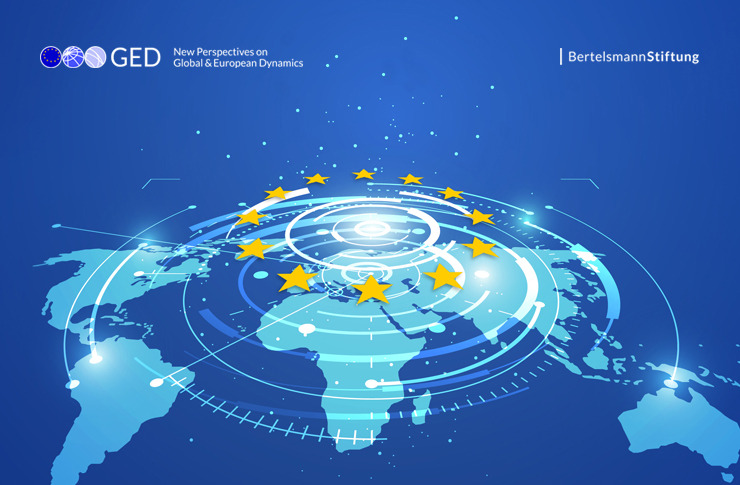
|
July 2022
Dear Readers,
Our July edition of GED Monthly features a diverse array of analyses, drawing on our internal experts as well as on partners by invitation.
Starting with the latter, we would like to draw your attention in particular to former EU Commissioner Viviane Reding’s assessment of EU gender equality law and to Bruegel Director Guntram Wolff’s analysis of what is needed to ensure climate investment in times of restricted budgets.
In addition, we introduce our new forecasting tool RANGE, developed jointly with Bertelsmann Foundation in North America, which we hope will be of use to policy makers in the field of transatlantic relations.
Further themes include the new Czech Presidency of the EU Council, Ukraine’s new status as an EU candidate country as well as the implications of Russia’s ongoing war for Germany’s foreign policy.
Finally, we look at countries’ vulnerabilities against the background of Ukraine’s role on the global food supply, based on a study conducted for us by trade expert Veronika Movchan.
With warm wishes,
Stephan Vopel and Malte Zabel
Director and Co-Director
Europe’s Future Program
|
|
|
|
|

Women On Board(s)! Diversity, Good Governance and Talent
Ten years after the Lisbon Treaty foresaw the non-discrimination of gender in the workplace and beyond, new EU legislation heralds a breakthrough in the enactment of this vision. Former EU Commissioner Viviane Reeding explains how the glass ceiling can now be broken and female talent be given fresh opportunities.
Read more
|
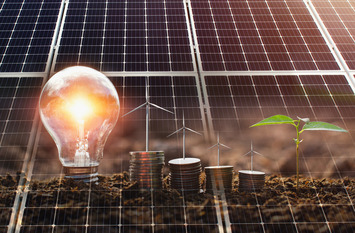
Climate Investments in Times of Budget Consolidations
The EU economy is emerging from the worst recession since 1945 and growth forecasts have been revised upwards for 2021 and 2022. While the energy crisis puts a brake on the recovery, the strategy for exiting the fiscal support of the pandemic will be key. Looking forward, Bruegel director Guntram Wolf sets out his recommendations for an EU consultation process.
Read more
|
|
|
|
|

Scarcity is Here to Stay – Challenges and Options for Europe
The last few decades have seen rising prosperity worldwide – due to, among other things, a growth-promoting global population development, advancing globalization and cheap raw materials. All three conditions are now changing in a growth-dampening direction. We analyse the dangers of scarcity and its links to social tensions between and within EU member states.
Read more
|
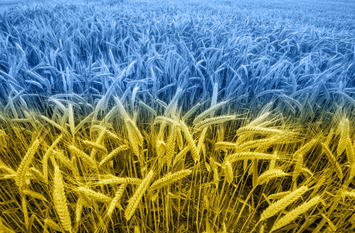
Agriculture Export Disruptions Pose Problems with High Crisis Potential
With the expectation of a global food crisis growing with each day of Russia’s war against and in Ukraine, G7 leaders used the recent summit meeting in Elmau to move the issue of food security to the top of the agenda. It is already clear that more immediate support is required, with international institutions and intergovernmental alliances taking the lead.
Read more
|
|
|
|
|
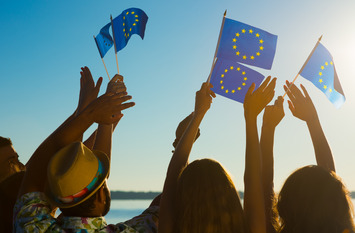
A Fair Europe: Strengthening European Regions for a Just Twin Transition
In the final installment of our four-part series on the future of European cohesion, we argue that investing fairly and inclusively in regions is key to ensuring the success of the twin transition. This means overcoming one-dimensional economic output perspectives and fortifying the European social pillar – ultimately fostering social wellbeing and prosperity for all.
Read more
|
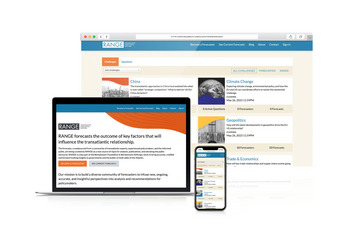
How to Forecast the Key Issues Determining Transatlantic Relations
Will the US pass a comprehensive digital privacy law this year? Or impose sanctions on China for its policy on Russia? Will the Republican party Congress by the end of this year? Our innovative new forecasting tool Rethinking Assumptions in a New Geostrategic Environment (RANGE) will help policy makers exercise their powers of prediction.
Read more
|
|
|
|
|
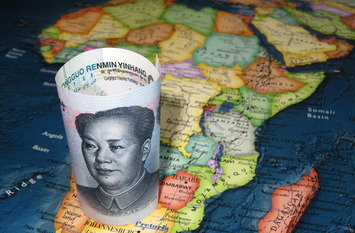
China’s evolving presence in Africa
China’s engagement with the African continent has long raised concerns in European public debates and among policymakers across its capitals. We analyse the Chinese economic footprint on the second largest continent and asses its consequences, focusing in particular on the fields of trade and investment.
Read more
|
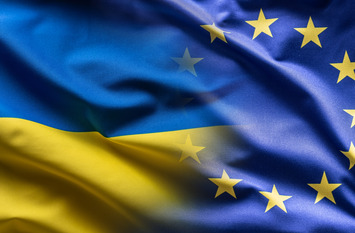
The EU and Ukraine can Determine the Future of Europe
The historic decision to grant EU Candidate Status to Ukraine has ushered in a new era in European enlargement policy. Ukraine’s membership can make the EU as a whole stronger. But realizing this potential will require political will on both sides.
Read more
|
|
|
|
|

Germany in a Changing Geopolitical Environment
The Russian war against Ukraine has overturned the familiar chessboard of Europe’s security order, changing – at least temporarily - the rules of the game. Focussing on the German perspective, we analyse what is shaping up to be an all-important positioning game, determining the central actors and the lines of conflict for time to come.
Read more
|
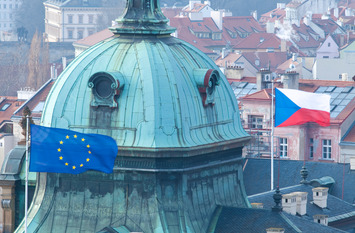
The Czech Republic’s EU Presidency 2022
If France’s President Macron assumed the rotating six-month EU presidency of the European Union at an “inconvenient” moment, the Czech government is taking over at a time that is nothing less than defining for the future of Europe.
Read more
|
|
|
|
|
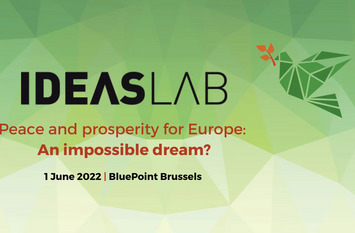
CEPS Ideas Lab 22: Peace and Prosperity for Europe an Impossible Dream?
Spiralling energy prices, a refugee wave from Ukraine and new questions about Europe’s security. Read our conference report of the Ideas Lab 22, hosted by our friends at the Centre for European Policy Studies that addressed these issues.
Read more
|
|
|
|
|
In the next edition
|
|
|
|
We will be offering – inter alia – a perspective of Europe’s youth on the challenges of the future and an analysis of the concept of “muddling-through” in EU-policy making.
To keep abreast of our work, please keep an eye on our blog: globaleurope.eu
Or follow us on social media: http://twitter.com/GED_Tweet
|
|
|
|
|